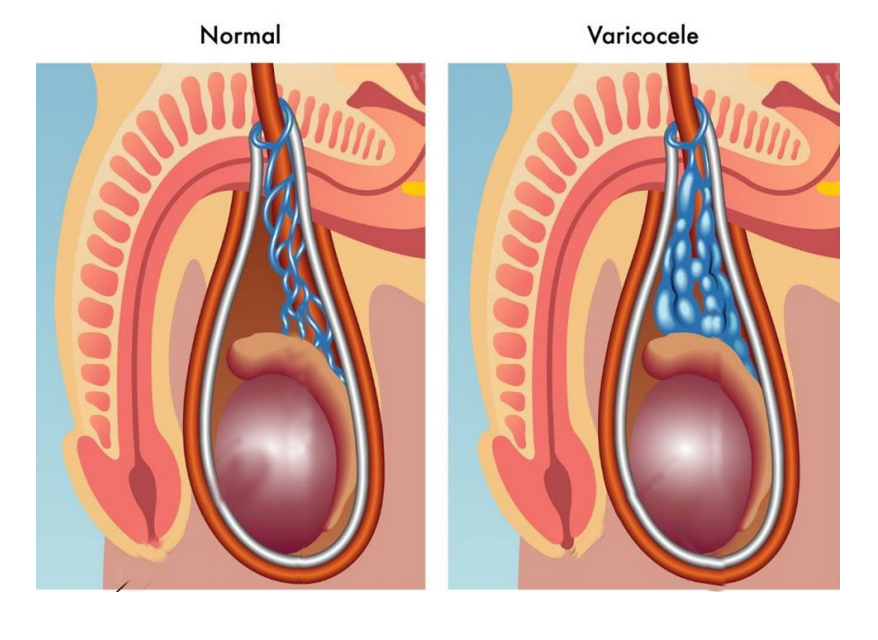In general, infertility is defined as not having the ability to urge pregnant (conceive) after one year of unprotected sex. Women who don’t have regular menstrual cycles, or are older than 35 years and haven’t conceived during a 6 month period of trying, should consider making a meeting with a reproductive endocrinologist—an infertility
specialist.- Says Dr. Nisarg Patel who is one of the best IVF doctor practicing in Ahmedabad. These doctors can also be ready to help women with recurrent pregnancy loss—2 or more spontaneous miscarriages.
Pregnancy is that the results of a process that has many steps.
To get pregnant—
• A woman’s body must release an egg (ovulation).
• A man’s sperm must penetrate the egg along the way (fertilize).
• The embryo must undergo a Fallopian tube toward the uterus (womb).
• The embryo must attach to the wall of the uterus called uterine wall (implantation).
Infertility may result from a drag with any or several of those steps. Impaired fecundity may be a condition associated with infertility and refers to women who have difficulty getting pregnant or carrying a pregnancy to term.

Is infertility a common problem?
Yes. According to Dr. Hrishikesh Pai who is one of the best IVF specialist in India, about 6% of married women 15–44 years aged are unable to urge pregnancy after one year of unprotected sex (infertility). Also, about 11% of girls 15 44 years aged within the us have difficulty getting pregnant or carrying a pregnancy to term, no matter legal status (impaired fecundity).
Is infertility just a woman’s problem?
No, infertility isn’t always a woman’s problem. According to the specialists, both men and ladies contribute to infertility. Many couples struggle with infertility and seek help to become pregnant; however, it’s often thought of as only a women’s condition. A CDC study analyzed data from the 2002 National Survey of Family Growth and located that 7.5% of all sexually experienced men younger than age 45 reported seeing a fertility doctor during their lifetime—this equals 3.3–4.7 million men in total. Of men who sought help, 18% were diagnosed with a male-related infertility problem, including sperm or semen problems (14%) and varicocele (6%).
Causes of male infertility
Men also can be infertile. In fact, men are found to be the sole cause or a contributing explanation for infertility problems in couples in 30% to 40% of cases. To conceive, a male’s sperm must combine with a female’s egg. The testicles make and store sperm, which are ejaculated by the penis to deliver sperm to the feminine reproductive tract during sexual activity.

The most common issues that cause infertility in men are problems that affect how the testicles work. Other problems are hormone imbalances or blockages within the male reproductive organs. In about 50% of cases, the explanation for male infertility can’t be determined. An entire lack of sperm is that the explanation for infertility in about 10% to 15% of men who are infertile. When a person doesn’t produce sperm, it’s called azoospermia. A hormone imbalance or a blockage or abnormality in sperm movement can cause azoospermia.
In some cases of infertility, a person produces less sperm than normal. This condition is named oligospermia. The foremost common explanation for oligospermia is varicocele, an enlarged vein within the testicle.
Conditions That Affect Sperm Formation
Many different issues can affect the formation of sperm within the testicles. A number of the more common causes include:
• Chromosome defects
• Diabetes
• Hyperprolactinemia, which is overproduction of a hormone called prolactin made by the pituitary
• Injury to the testicle
• Insensitivity to hormones called androgens, which include testosterone
• Radiation
• Reactions to medications
• Swelling of the testicles from infections like mumps, gonorrhea, or chlamydia
• Testicular disorder called Klinefelter’s syndrome
• Thyroid problems
• Undescended testicle, called cryptorchidism
• Varicocele
Varicocele Varicocele is the enlargement of the veins within the scrotum, and it’s present in about 40% of men with infertility problems. The condition leads to a decrease within the production of sperm. The enlarged veins disrupt the blood flow within the testicle and cause a rise in temperature, which negatively affects sperm production.
Varicocele is the enlargement of the veins within the scrotum, and it’s present in about 40% of men with infertility problems. The condition leads to a decrease within the production of sperm. The enlarged veins disrupt the blood flow within the testicle and cause a rise in temperature, which negatively affects sperm production.
Conditions That Affect Movement of Sperm
The inability to move sperm from the testicles to the penis is responsible for around 10% to 20% of the cases of male infertility. The lack are often caused by natural obstructions within the tubes that transport sperm from the testicles to the penis or from surgery to intentionally block the tubes, called a vasectomy. Many men lack the tubes that carry the sperm out of the testicles, making them infertile (but not sterile because they produce sperm).
Some men have problems getting an erection, called male erecticle dysfunction, which makes having sex difficult. A condition called retrograde ejaculation also can cause infertility. This condition causes sperm to maneuver into the bladder rather than out of the penis.

